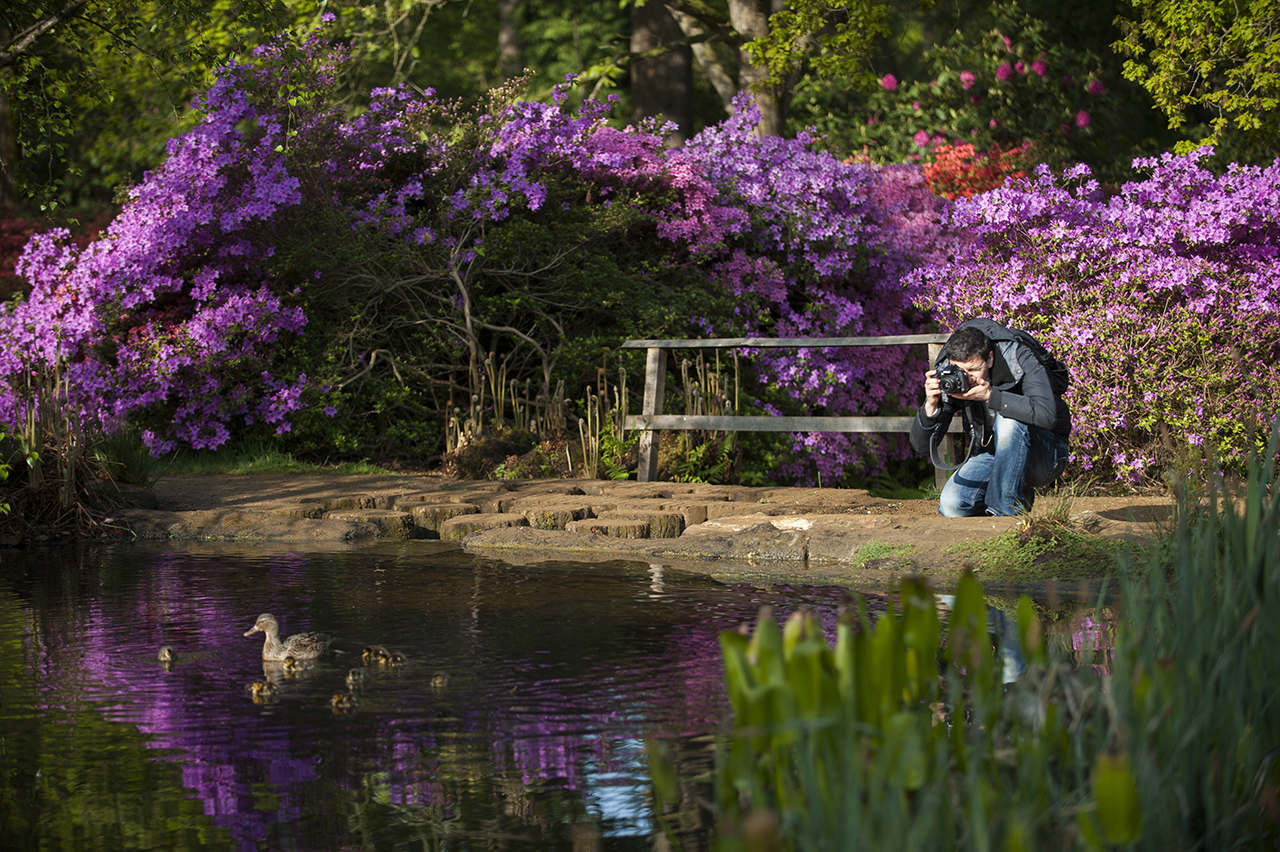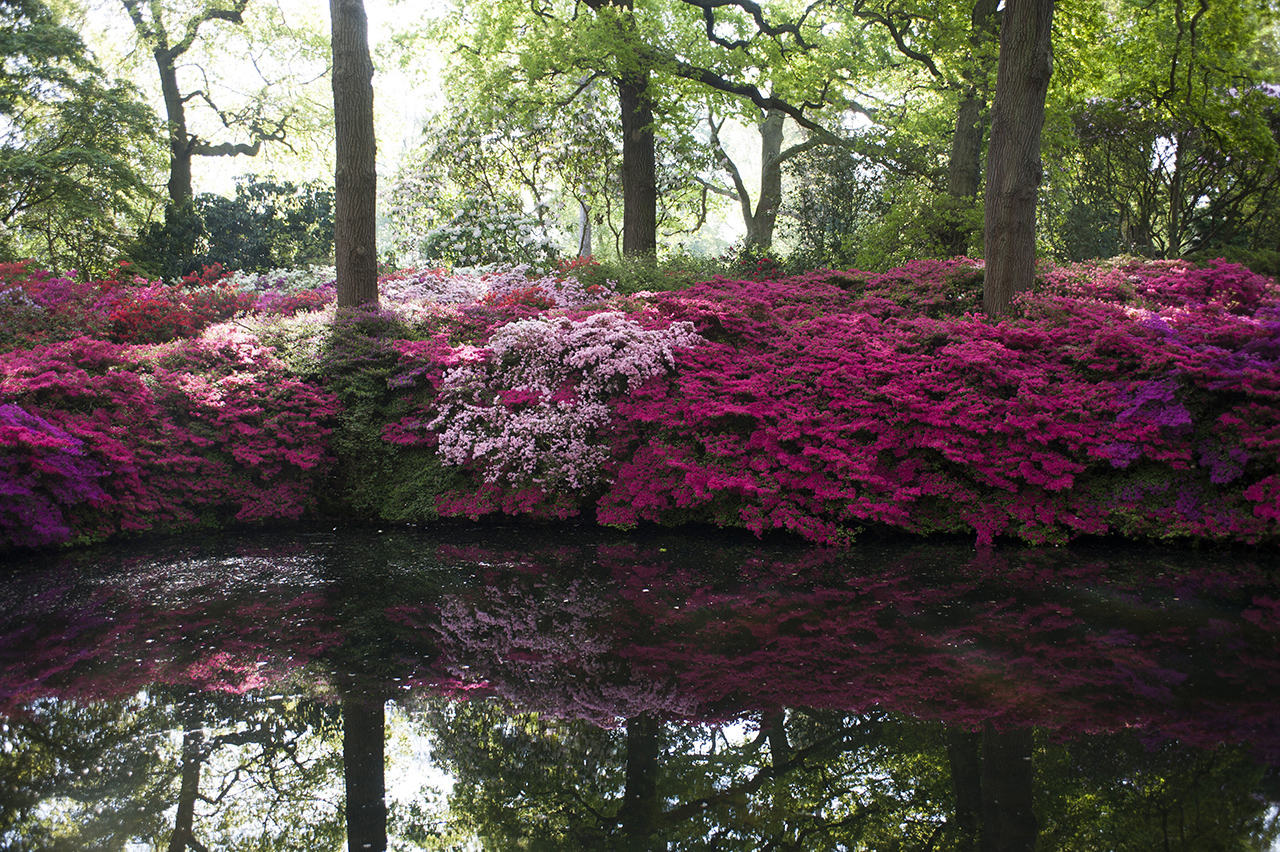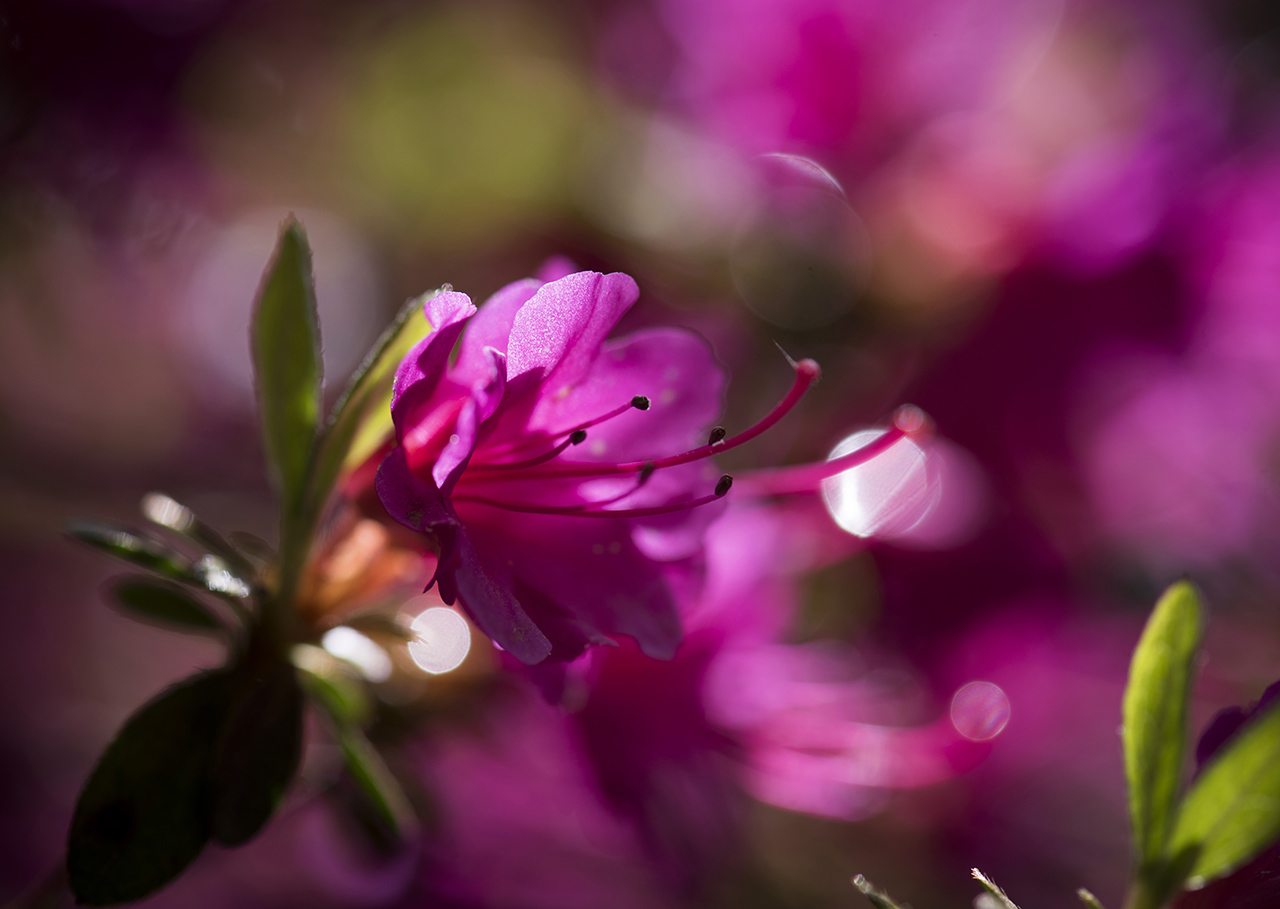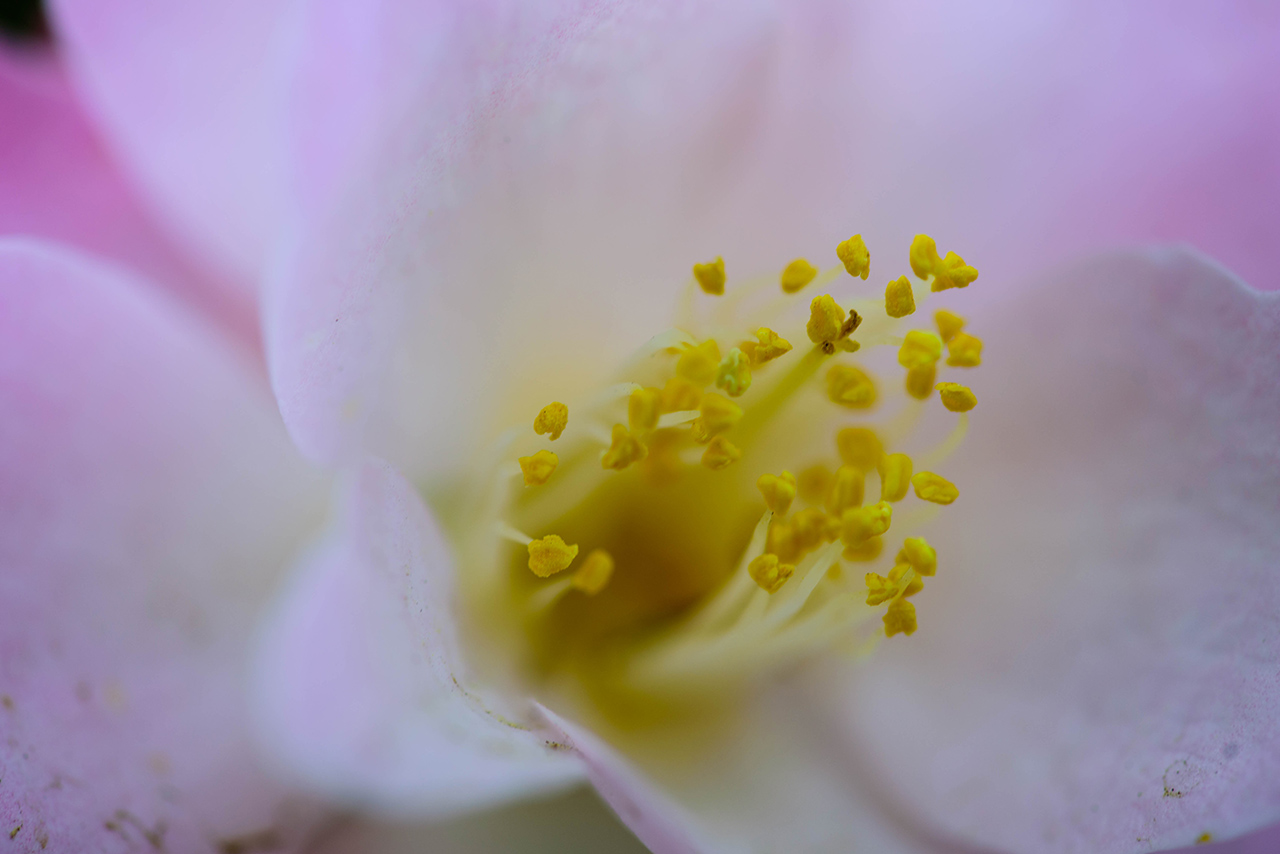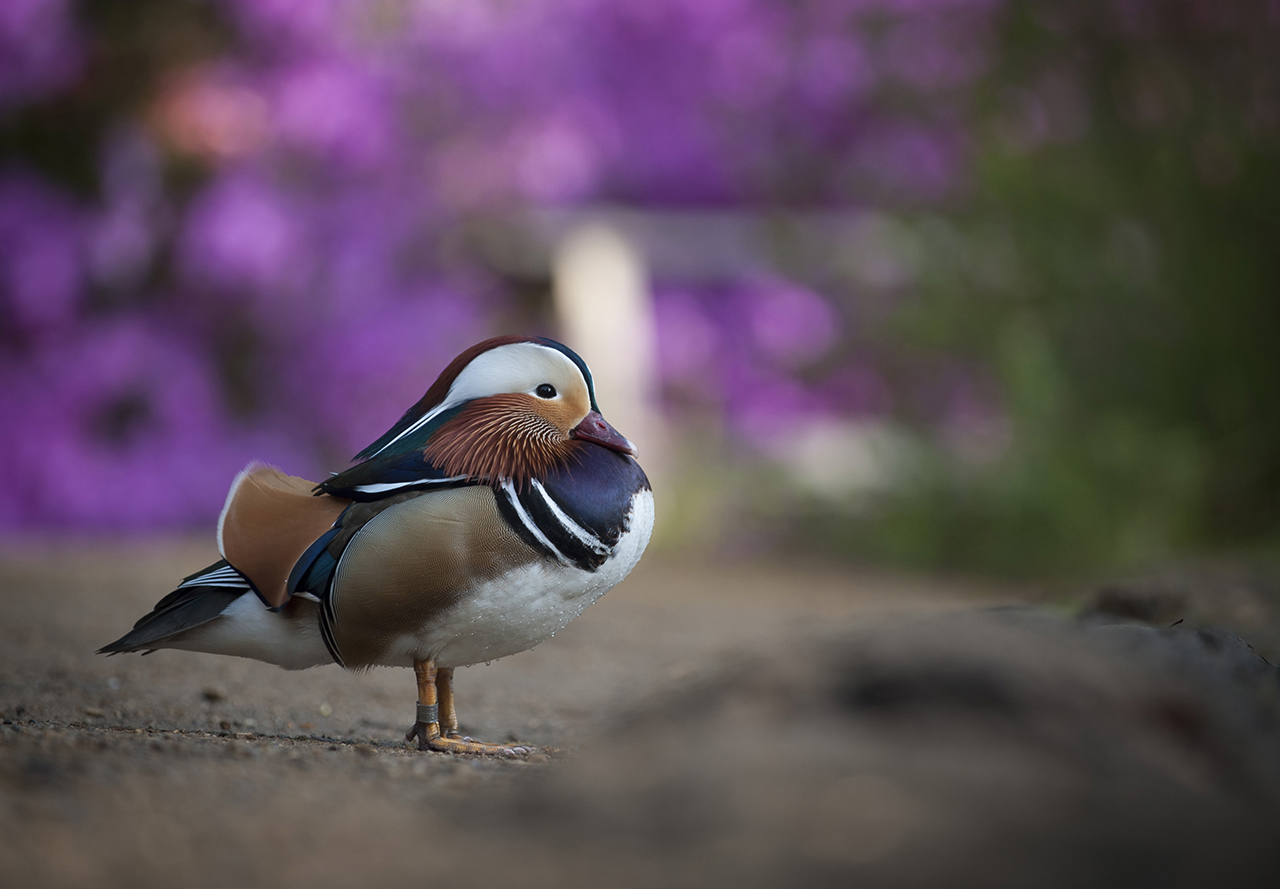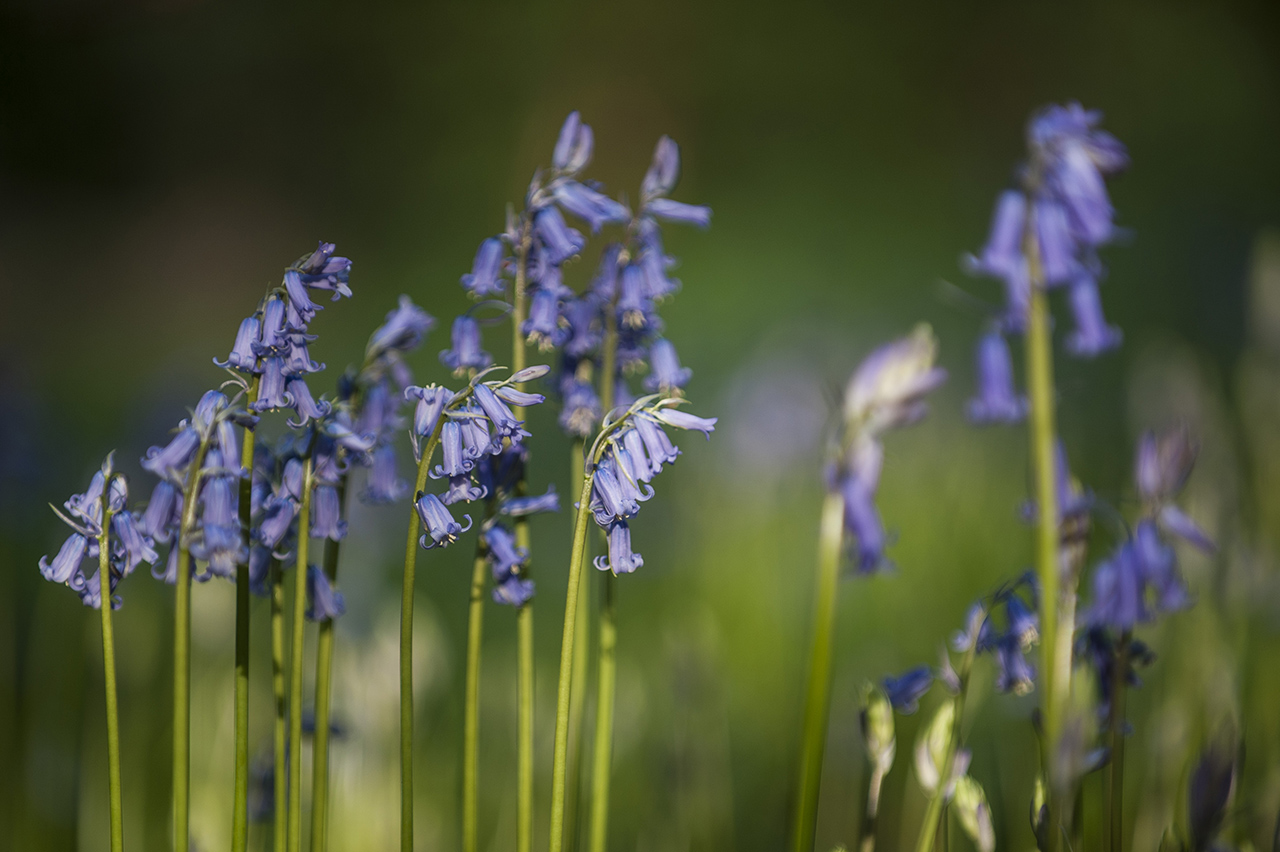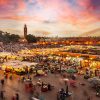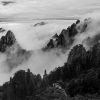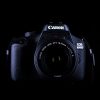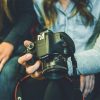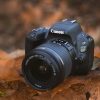Ok, so you’ve bought a camera, you’ve taken our beginners course, you’ve learnt the technical aspects of photography like exposure, aperture and shutter speeds, depth of field … So what next?
Photography is a skill that needs practice and experimentation, so if you want to improve, you’ll need to work on it regularly.
And like in every discipline, students learn the most by doing it. Hands-on.
The good thing is – to get started, you don’t need a photographic studio or all the fancy gear. All it takes is to grab a camera and snap some shots in your home or garden. Remember – practice makes perfect!
And as nothing gets creative juices flowing better than a challenge, we decided to kick off May with a photography competition.
Since all the flowers are in full bloom, we had no other choice but to call it: “The Explosion of Colours in Nature”.
It is easy to enter, and the competition is open to everyone. Entry opens on 1st of May 2017 and closes Wednesday 31st of May 2017. All you need to do is to go out and practice what you’ve learnt on the course! Take some shots and email us your best – please scroll down to see full Terms&Conditions and all the info on how to send us the images. (In short: max 3 images, jpeg format, email to [email protected]).
The winner will get a £75 in course vouchers, and second place a fantastic book “The New Art of Photographing Nature” by Art Wolfe. We will notify the winners by 7th of June 2017.
Here are a few tips to help you take best images possible:
- This month’s competition subject is “the colours in nature”, and the light will have a significant influence on your image.
Think if you are going to take pictures outdoor or indoor. Therefore, if you are going to work with a natural or artificial type of light.
It’s not just the type of lighting that’s important, but also the angle of light – front lit, side lit, backlit and colour of light. Here is a link to a great video about the basic laws of light and how to use them when capturing a photograph.
Remember, nature looks their best at “golden hours” – sunrise or sunset.
Also, think about the intensity of light – sometimes it’s diffusion and sometimes hard contrast that enhances the beauty of nature. - Composition. Make sure that you fill the frame with your subject. Look for interesting angles and patterns. Maybe try to use one of the main rules of composition: rule of thirds, symmetry or leading lines. Check out this post for some great examples – 20 Composition Techniques That Will Improve Your Photos
- Try to use the lowest ISO possible and make sure that you are not using too slow shutter speed so that you won’t get the camera shake. Use a tripod if it’s available to you rather than going for high ISO.
For nature lovers, our recommendation for a May bank holiday Monday is the Isabella Plantation in Richmond Park.
It’s about 40 acres of woodland garden, best known for its Azaleas and Rhododendrons. We visited the garden earlier this week, and it looks spectacular! Especially with all the bluebells.
Few more tips:
- Arrive early if possible, the gate to the garden opens at 7.30am! That may give you great light and not so many people around.
- You should have plenty of light so use lowest ISO possible.
- Think about what focal length you want to use:
Wide – to get floral landscape (image below – focal length 35mm)
Long – to get the detail (image below – focal length 105mm)
Macro – if you have a macro lens use it for close-ups
- Use the Aperture creatively – to achieve the shallow DOF (depth of field) and blurry background use the ‘small’ f-stop number or if your lens starts from middle number like 4-5.6 get physically close to the object
Terms and Conditions
- All images submitted must be the work of the individual submitting them and not in breach of any copyright.
- Copyright in all images submitted for this competition remains with the respective entrants. However, you give permission to DSLR Photography Courses to feature your images in any of their publications, their websites and/or in any promotional material connected to this competition.
- Only 3 images per person are allowed.
- The images should be in JPEG format and not bigger than 3MB, with the resolution not smaller than 150dpi. Entries must be labelled with the entrant’s name.
- Images should be emailed to [email protected]
- The judges’ decision is final.
- The winner will be notified within seven days of the closing date of the competition via email and announced on DSLR Photography Courses website and social media.
- The prize vouchers will be valid for 12 months, and there are no cash alternatives. The voucher can be used for half a day courses and workshops to the value of the voucher, as well as a part payment for any other full day or specialised courses we offer of a higher value.
- Only three images per person will be accepted per month, and each image can be entered only once and not be used for the future competitions.
- DSLR Photography Courses reserves the right to disqualify any entry which breaches any of the competition rules.
- Any personal details of the competitors will be used only for the administering purposes and not published or provided to third parties. DSLR Photography Courses reserves the right to publish the winner’s name on their website and media sites and publications.
- Any late or corrupted files won’t be accepted.
- Promoter: DSLR Photography Courses, Wimbledon Art Studios, 10 Riverside Road, London SW17 0BB.
